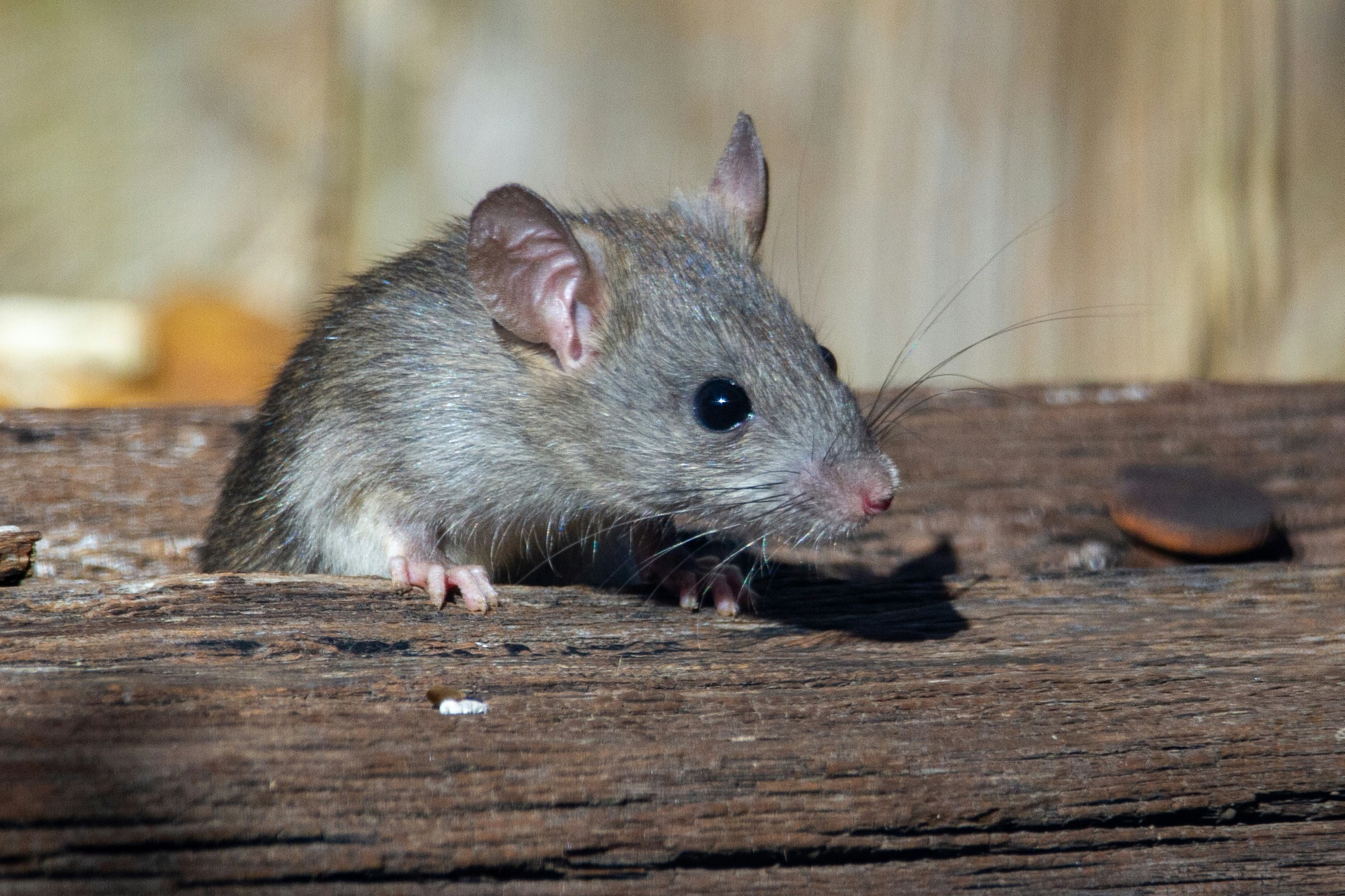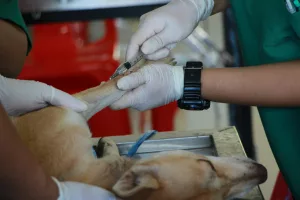Cats and mice: the age-old rivalry that has fascinated humans for centuries. The sight of a cat chasing a mouse is not only iconic but has also inspired countless cartoons and stories. But why do cats seem to hate mice so much? The reality is more nuanced than simple hatred. To understand this intricate relationship, we need to delve into the biology, history, and behavior of cats and mice. At the heart of this cat-mouse dynamic is the predator-prey relationship. Cats are natural hunters, evolved from a lineage of solitary hunters in the wild. Their instincts are fine-tuned for stalking and capturing prey, with mice being a perfect target. Let’s explore this dynamic further.
Instincts: The Predator-Prey Dynamic
Cats’ Natural Hunting Instincts
Cats possess a remarkable set of skills that make them effective hunters. Their acute senses, reflexes, and physical attributes are all designed for the hunt:
- Acute Senses: Cats have exceptional vision, especially in low light, which is crucial for spotting mice at dawn or dusk. Their keen hearing allows them to detect the high-frequency sounds mice make, and a strong sense of smell helps them track their prey.
- Reflexes and Agility: The swift and agile bodies of cats enable them to pounce on small prey with precision. Their ability to make quick turns and sudden leaps is vital for catching mice, which are themselves quick movers.
- Claws and Teeth: A cat’s sharp, retractable claws and pointed teeth are ideal tools for gripping and subduing prey. This anatomical feature allows them to handle and kill mice efficiently.
Mice: Ideal Prey for Cats
On the flip side, mice, as small, scurrying creatures, fit perfectly into the ideal prey profile for cats. Mice are typically nocturnal and extremely agile themselves, leading to a dynamic chase that triggers cats’ instincts. The rapid movement of mice excites the predatory drive in cats, leading to the chase and, often, capture.
Evolutionary Relationships and Coevolution
Domestication and Rodent Control
The domestication of cats around 10,000 years ago is believed to have been closely tied to their skill in controlling rodent populations. As humans began to store grains and other foods, rodents like mice were attracted to these new food sources. Cats, in turn, were drawn to the abundance of prey around early human settlements. This symbiotic relationship benefited both humans and cats, leading to the domestication of cats as we know them today.
The Ongoing Battle for Resources
In a way, the ‘hatred’ that cats exhibit towards mice can be attributed to competition for resources. Mice often infest homes and food supplies, threatening the very resources that cats rely on as well. This natural competition for food creates a scenario where cats instinctively target mice to maintain their territory.
Behavioral Nuances: Not Always What It Seems
Play and Training
Interestingly, what may seem like pure hatred or aggression is sometimes just a form of play or training behavior. Cats often toy with mice before delivering the final blow, which appears cruel but serves several purposes:
- Practice for Hunting: Kittens, especially, learn hunting techniques by playing with their prey. This prepares them for more challenging hunts.
- Stimulating Curiosity: Cats are curious creatures, and playing with their catch satisfies this natural curiosity.
- Feeding Instincts: Sometimes, the goal isn’t immediate consumption. Cats may store the prey for later consumption or even as a gift to their humans.
Not All Cats Are Hunters
While many cats exhibit strong hunting instincts, not all are natural-born hunters. Some domestic cats are more playful or indifferent towards mice, often because they’ve never had to hunt for food themselves. However, even among these cats, the predatory instinct remains latent, sometimes coming to the forefront when they encounter rodents.
A Closer Look at Cat and Mouse Interactions
Real-Life Examples and Observations
Consider the case of a domestic cat named Whiskers from a suburban household. Despite being well-fed, Whiskers engaged in frequent “hunting” sessions when a family of mice took residence in the garden shed. Observations showed Whiskers would spend hours waiting patiently, exhibiting classic stalking behavior. This example illustrates the instinctual drive that persists even in well-fed animals.
Another example comes from rural farms where barn cats are employed as natural pest controllers. These cats are often seen patrolling the fields and barns, demonstrating their natural role in maintaining a balance by keeping the mouse population in check. Farmers value these cats not only for their companionship but also for their effectiveness in controlling rodents without the use of chemicals.
The Role of Environment and Upbringing
A cat’s environment and upbringing can significantly influence its hunting behavior. Cats raised in environments where they frequently encounter rodents are more likely to develop strong hunting skills. Conversely, house cats with little exposure to such stimuli may exhibit less interest in chasing mice.
Practical Advice for Cat Owners
Encouraging Healthy Hunting Behavior
Cat owners can encourage healthy hunting behavior by providing toys that simulate prey, such as feather wands or laser pointers. This not only satisfies the cat’s natural instincts but also helps in preventing boredom and related behavioral issues. Interactive play sessions mimic the hunt, offering physical and mental stimulation.
Managing Unwanted Gifts
Cats sometimes bring their human companions “gifts” in the form of captured prey. While this behavior can be unsettling, understanding its roots in natural instincts can help manage it. Providing plenty of toys and playtime can reduce the likelihood of such “gifts.” If a cat frequently brings in prey, consider using bells on their collars to give potential prey a warning.
Common Mistakes and Misunderstandings
Misinterpreting Cat Behavior
A common mistake is misinterpreting a cat’s behavior as cruelty when they play with their prey. As mentioned earlier, this is often a form of practice or play, not malice. Understanding this can lead to more empathy and better management of your pet’s hunting instincts.
Overfeeding and Laziness
Another mistake is overfeeding, which can lead to a lack of interest in hunting or play. Maintaining a healthy diet and regular feeding schedule can keep your cat active and engaged. It’s important to strike a balance between satisfying their nutritional needs and keeping them motivated to engage in natural behaviors.
Expanding the Perspective
The Biological Perspective
From a biological standpoint, the relationship between cats and mice can be seen as a classic example of predator-prey dynamics, which plays a crucial role in ecological balance. This natural interaction helps control the population of rodents, preventing overpopulation and the spread of diseases.
Cultural and Historical Context
Throughout history, cats have been revered in various cultures for their rodent-catching abilities. In ancient Egypt, cats were considered sacred partly because of their role in protecting food supplies from pests. This historical reverence highlights the long-standing relationship between humans, cats, and their prey.
Final Thoughts
Understanding the complex interplay between cats and mice provides valuable insights into the natural world. While the predatory instincts of cats may appear ruthless, they serve an essential function in maintaining ecological balance. For cat owners, appreciating these instincts can lead to a deeper bond with their feline companions and a greater appreciation for their natural behaviors.
Embracing the natural instincts of cats, while managing them in a domestic setting, allows us to coexist harmoniously with these fascinating creatures, celebrating their role both as companions and as skilled hunters.




